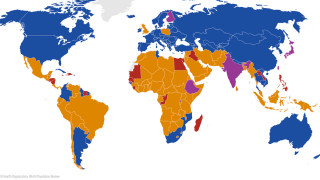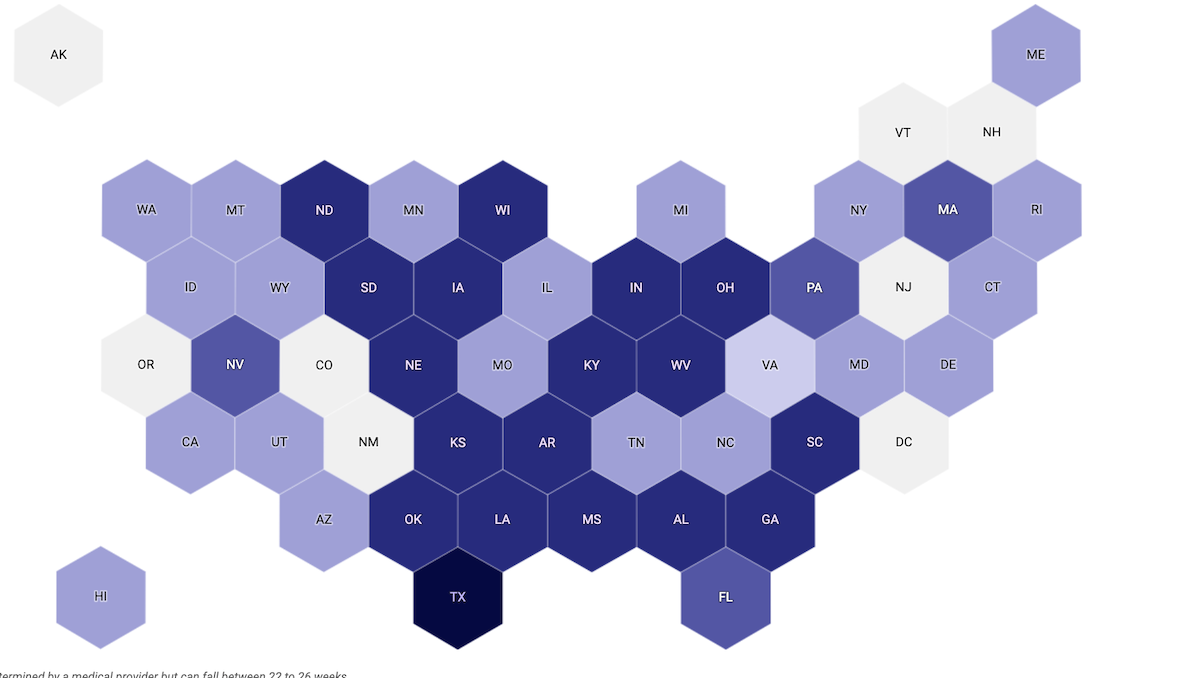
As women in the United States find themselves on the verge of possibly losing the constitutional right to access abortion services, courts in other parts of the world, including in many historically conservative societies, have moved in the opposite direction.
That includes in a number of traditionally conservative societies — such as recently in Colombia, where the Constitutional Court in February legalized the procedure until the 24th week of pregnancy, part of a broader trend seen in parts of heavily Catholic Latin America. In Argentina, lawmakers in late 2020 passed a bill legalizing abortion until the 14th week and the procedure is widely available in Cuba and Uruguay.
The U.S. Supreme Court, however, appears ready to move the country in the opposite direction by scrapping a right enshrined in the constitution for nearly 50 years.
Get Boston local news, weather forecasts, lifestyle and entertainment stories to your inbox. Sign up for NBC Boston’s newsletters.
Check out the map below to see the availability of abortion access in countries around the world, whether the procedure is prohibited, available only to preserve the life or health of the pregnant patient, available to address social or economic factors, or available on request.
Nations with total bans include Honduras, Nicaragua and El Salvador. Many African nations also maintain complete bans and its been forbidden in Iran since the 1979 Islamic Revolution.
Meanwhile, in Europe, most countries have legalized abortion, including predominantly Catholic ones. Ireland did so in 2018, followed by tiny San Marino in a voter referendum last fall. It's also been widely available in Israel since 1978 and relatively uncontroversial.
In Japan, abortion is allowed only for economic and health reasons, and requires partners’ consent, making Japan one of a handful of countries in the world to do so. Victims of sexual violence are excluded from the requirement. Abortion is also widely available in China and in India for pregnancy up to 20 weeks, though under certain circumstances such as rape or incest, women can terminate a pregnancy up to 24 weeks.



